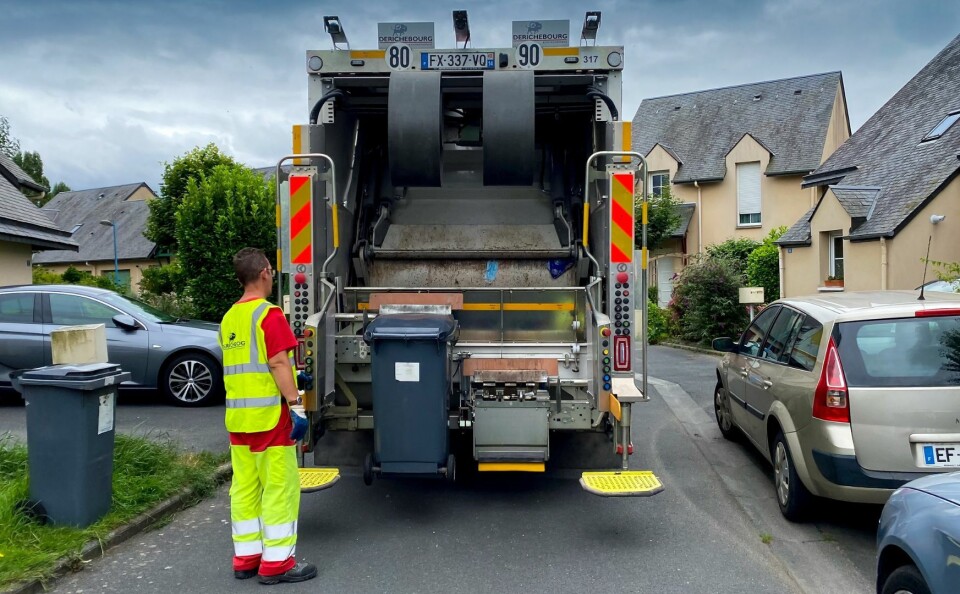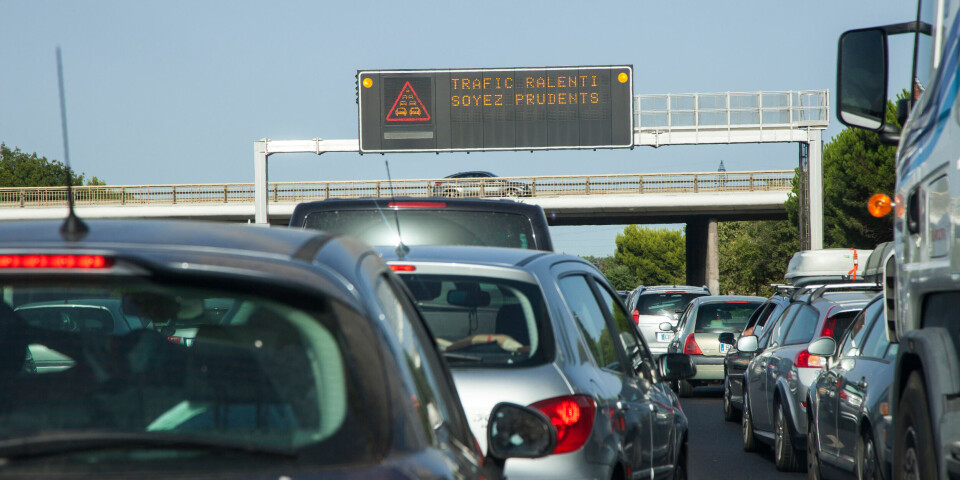-
UK retirees win government pension charges victory in France
The development comes after a successful campaign from foreign residents in France and Connexion readers
-
France’s chambres d’hôtes face closure under 2026 tax and social charge changes
Measures designed to curb Airbnb-style lets are set to hit traditional B&Bs particularly hard
-
SFR customers in France warned to be vigilant following cyberattack
Data from potentially millions of customers were taken following data breach
French households throw out more rubbish despite ‘incentive’ bin fees
Schemes like ‘pay-per-bin’ do not encourage people to reduce general waste, say campaigners

People are still throwing out more and more household rubbish despite the introduction of waste reduction ‘incentive’ charges in an increasing number of areas, a new study shows.
Leading consumer body UFC-Que Choisir studied reports from local councils and found each person now throws out an annual average 561kg of rubbish, up 20kg in a year.
The ‘most polluting’ areas show 818kg per person. The average is 460kg in the best-performing areas.
The cost of dealing with all this waste is constantly rising and is at present €244/tonne, on average.
Scheme roll-out falling short of target
France is seeking to introduce an ‘incentive-based’ element into more areas’ local rubbish collection taxes, such as a charge per bag collected after a set allowance, depending on the size of the family.
Eco agency Ademe suggested that at least a €3 fee per wheelie-bin collection, paid as part of the bin collection tax or fee, would help it meet waste reduction targets.
Such schemes were due to be extended to 25 million households by next year but at the start of this year, only seven million had so far been affected.
A target of 15 million homes by 2020 was missed.
Read more: Bin collection fees in France: what changes do you need to know about?
Incentivised to use recycling or biowaste bins
Ways that councils and their contractors try to reduce waste by potential extra fees include giving households cards to access communal bins or putting microchips on bins to monitor the volume of waste.
In general, incentive charges are aimed at encouraging households to put less in the waste bin and more in recycling and, where possible, a biowaste collection bin.
In theory, households should now separate out their biowaste (peelings, coffee grounds, meal leftovers, garden clippings) though, in reality, many blocks of flats and local authorities are not ready to deal with this.
Protesters go to court over rubbish bills
In Dordogne, about 1,500 people have joined an association that is critical of a local incentive scheme introduced early last year.
This has seen many people having to take their own rubbish to collection points, known as PAVs.
The protesters say the schemes are ineffective, with most residents paying more than before, whether they put out a large amount of waste or not.
They also say there has been a significant increase in bin bags being dumped in the streets.
The AMCODD association lodged court action against the PAVs last year and has now also applied to the Bordeaux administrative court over the ‘incentive fees’ and to Périgueux court contesting their bills.
Read more: Dordogne residents ready for court battle over ‘incentive’ bin charges
‘Schemes will no longer be tenable’
Association founder Florence Poumarède says she is confident of success after attending a meeting in Toulouse with members of similar associations that have been launched to fight the charges in other regions.
She said: “There are more and more joining us. We plan to run campaigns, even on a national level, with other groups we are in contact with.
“Eventually, these schemes will no longer be tenable. The objectives aren’t being reached and people are complaining all over the place.”
Related articles
‘Pay per wheelie bin’ rubbish charge set to expand across France
Stroke victim in Dordogne faces €2,000 a year waste collection bill
Are people being fined over France’s new obligatory food waste rules?
























